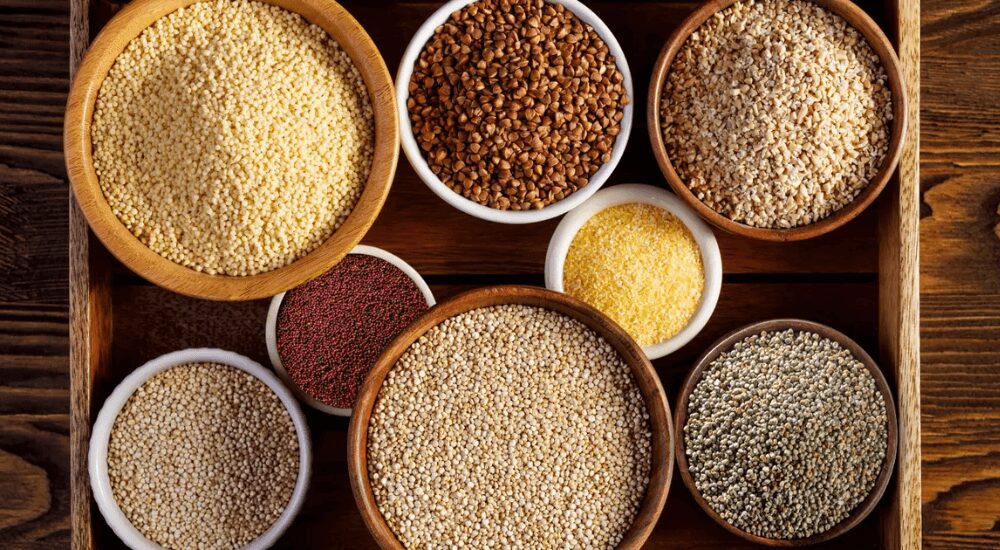The United Nations Food and Agriculture Organisation (FAO) has advised the Federal Government on the importance of proper investment in the production of millet.
The FAO revealed that investing in the cultivation of millet, as a measure to address hunger, and malnutrition in Nigeria will curtail several health and economic issues.
Advertisement
The United Nations had earlier revealed that in Nigeria, 37 per cent of children, or 6 million children below the age of five are chronically malnourished, and the country has the second-largest number of malnourished children globally after India.
Revealing methods the government could adopt to curtail the increased rate of hunger and malnutrition, the FAO representative in Nigeria and to the Economic Community of West African States (ECOWAS), Fred Kafeero said Nigeria could transform the narrative surrounding millets by elevating it from being a mere staple food to a strategic crop.
Kafeero made this known at the commemoration of the 2023 International Year of Millets in Abuja
He said, “Millets are tiny but mighty grains, and have played an important role in the sustenance and nourishment of communities across the globe.
Advertisement
“Also, they are resilient crops that have withstood the test of time, adapting to various agroecological conditions and feeding generations.
“But with renewed enthusiasm and determination, there is no doubt we will harness the potential of millets to combat hunger, malnutrition, and the challenges posed by climate change.”
Kafeero also noted that food security is an important issue in the country and a huge aspect of a country’s development.
Affirming the support of the FAO, he said, “FAO, we want to reaffirm our commitment in offering technical assistance to the government of Nigeria in its efforts to promote the cultivation, consumption, and commercialization of millets”.
Also speaking at the event was the Indian high commissioner to Nigeria Shri G. Balasubramanian, who added that millet is a staple diet in the sub-Saharan region and can lead to food sufficiency in the arid regions of the world if properly developed.



